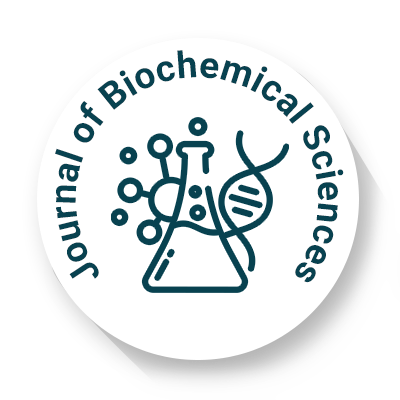
Journal of Biochemical and Sciences
OPEN ACCESS

OPEN ACCESS

Enzyme engineering has become crucial to advancing industrial biotechnology, offering solutions across biofuel production, food processing, and environmental management. Through methods like directed evolution, rational design, and hybrid approaches, engineered enzymes demonstrate enhanced stability, specificity, and catalytic efficiency under the rigorous conditions of industrial use. These improvements enable more efficient biofuel production, high-quality food products, and effective pollutant degradation, highlighting enzyme engineering’s impact on both economic and environmental sustainability. However, technical limitations, such as enzyme inactivation, high production costs, and scalability issues pose significant challenges to widespread industrial adoption. Additionally, regulatory hurdles and environmental concerns regarding genetically modified enzymes complicate commercialization efforts. Emerging technologies such as CRISPR and artificial intelligence (AI) are transforming enzyme engineering, enabling precise genetic modifications and predictive enzyme modeling, which streamline development and reduce reliance on costly experimental approaches. The growing focus on sustainable applications has led to enzymes designed for biodegradable plastic degradation and eco-friendly waste treatment, aligning with global sustainability objectives. Interdisciplinary collaboration among biotechnologists, chemists, and data scientists is driving these innovations, addressing current challenges,and expanding enzyme engineering’s potential. With continued advancements, enzyme engineering is positioned to revolutionize industrial biotechnology, fostering sustainable and cost-effective solutions across various sectors. This version enhances clarity by emphasizing key points in a structured, concise manner and reinforces the potential of enzyme engineering to drive sustainable industrial practices.